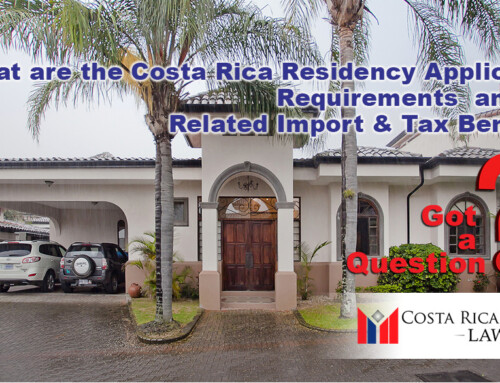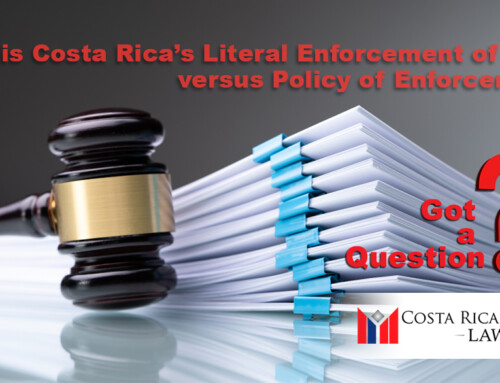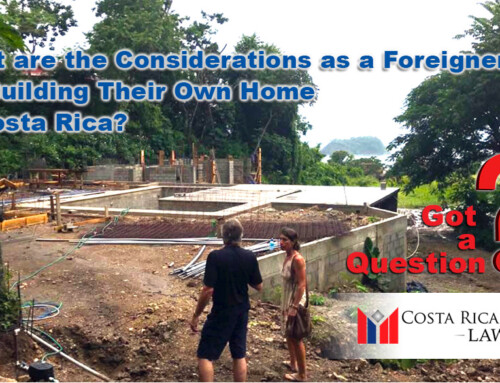When entering into a property purchase transaction, the Purchase and Sale Agreement, the initial formal legal document that binds the Parties to the transaction, deserves the undivided attention of the Parties, but particularly that of the Buyer and the Buyer’s Lawyer. When a Seller offers a property for sale, there are minimal considerations required by the Seller for the content of the Purchase and Sale Agreement, those being the amount of the purchase price to be paid, when it will be paid, the name of the party who is responsible to pay it, and the corresponding penalties for non-performance by the Buyer.
However, from the Buyer’s standpoint, there is the additional requirement of the conditions of purchase that must be satisfied, to ensure that the intended use and enjoyment of the property by the Buyer, can be met. It is this latter issue of the requirement by the Buyer, for conducting the satisfactory legal due diligence of the property, that renders the Purchase and Sale Agreement the most important document in the transaction. Without the provisions, the legal due diligence having been satisfactorily met, it is unlikely that the transaction will proceed.
The Formal Elements of the Purchase and Sale Agreement
The formal elements of the Purchase and Sale Agreement will vary according to the type of property interest being acquired, as is more particularly described in my blog entitled, “What Are The Most Common Forms Of Holding Real Property Interests In Costa Rica?”. However, the formal elements which will be common to all Purchase and Sale Agreements will be the following:
1. The Parties described with their formal personal description and their capacity to act in the transaction, if not acting in their personal capacity, such as in the capacity of a company director.
2. The legal description of the property to be purchased.
3. The purchase price of the property and the deposit amount, with the dates that they will be paid, and the responsibility of the Parties for the payment of the Closing Costs.
4. The legal due diligence conditions that must be met to the Buyer’s satisfaction for the transaction to proceed and the time allowed for inquiry by the Buyer.
5. The default provisions for non-performance by either Party of the provisions of the Purchase and Sale Agreement and the penalties for default that will arise.
6. An Arbitration provision for any disputes that may arise in the interpretation and enforcement of the Agreement (if there is no Arbitration clause, any disputes that arise will be adjudicated by the Courts).
7. A “Notice To The Parties” clause, providing the details of where the Parties may be legally served or contacted by email and/or telephone regarding the enforcement of the provisions of the Agreement.
8. The location and date on which the Agreement is signed by the Parties.
In Costa Rica, these formal elements of the Purchase and Sale Agreement are fundamental to its enforcement.
The Property Transfer Deed and Related Closing Documentation
During the time preceding the Closing, the Buyer and the Seller most likely will have their own Lawyers, who will act in an adversarial stance on behalf of their respective Clients. However, at Closing, a Public Notary, who also must be qualified as a Lawyer, will act to draft the Notarized Property Transfer Deed and attend to the Closing process. The Public Notary can also be one of the Party’s Lawyers, who is also an active Notary, or an independent Notary, who in such capacity, acts as an Officer of the State and not as an advocate for either Party. The role of the Notary is to draft the Property Transfer Deed in his or her Public Deed Book (Protocolo), in a form suitable to be presented in the National Registry to transfer the Property Title from the Seller to the Buyer. This process will vary according to the property interest being acquired as was previously mentioned.
In certain circumstances, two Notaries may be involved in the Closing process, most commonly where Seller financing is involved and the property to be purchased is provided as security for the financing. One Notary will be responsible for the drafting of the Property Transfer Deed and the other Notary will be responsible for the drafting of the Mortgage Deed to secure the financing and will be registered on the Property Title. This process is referred to as Co-Notary.
My Opinion
Costa Rica is a Civil Law Jurisdiction. As such the formal requirements of documentation are as important as the textual content, in order to be enforceable. In a property purchase transaction, the single most important governing document is the interim Purchase and Sale Agreement. Any legal dispute that may arise between the parties, will be governed by the contents of this document.
In all of the circumstances of a property purchase and sale transaction, a qualified Real Estate Lawyer, acting independently of the interests of any other parties in the transaction, is required to ensure that all formal requirements of the transaction are met and that the provisions of the Purchase and Sale Agreement are enforceable.






